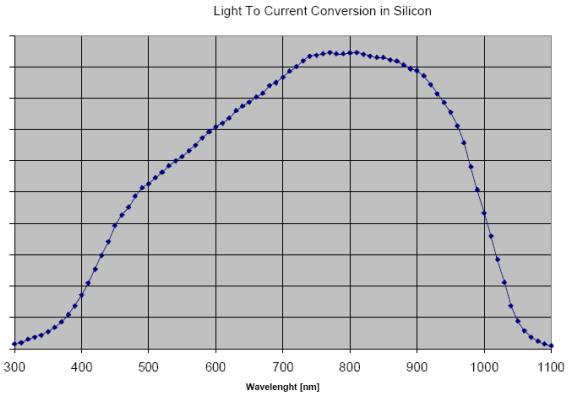I would like to use a Raspberri Pi with camera to capture short-wavelength ultraviolet light from a UV led diode. I would like to use an UV led with light invisible to the human eye (less than 390nm in wavelength).
-
there's plenty of google search results that suggest UV photography is possible with the RPi camera - though, none state the wavelength as such– Jaromanda XCommented Mar 14, 2018 at 3:41
-
Do you mean "long-wavelength ultraviolet"? There may be one cut-of associated with the imager and another associated with the lens. If you will be using an alternate lens, that may need a bit of attention. There also may be a small focus shift due to chromatic aberration, which tends to be stronger at shorter wavelengths (depending on the lens).– uhohCommented Mar 14, 2018 at 8:16
-
I think he means short wavelength ultraviolent - i.e beyond human perception– Jaromanda XCommented Mar 14, 2018 at 11:24
-
uhoh, I'm not familar with "long-wavelength ultraviolet", is this UV light that is visible to the human eye? I would like to use UV light that is invisible to the human eye but visible for a Pi Camera.– Robin AlvarengaCommented Mar 15, 2018 at 1:02
-
UV light is indirectly detectable by human eye due to the resultant fluorescence of some materials– jsotolaCommented Mar 15, 2018 at 2:31
1 Answer
Here is a paper that discusses the frequency response of silicon image sensors in general. The graph below from the paper, shows that the image sensor response is about 20% of the peak sensitivity at the short wavelength end of the range. However, it doesn't drop to zero until around 300nm, so with very bright 390nm illumination, you should be able to see something, assuming that the RPi camera has typical silicon sensor response and that there is not significant UV attenuation from the lens. With really bright illumination, you could use a pinhole lens to eliminate glass attenuation.
-
It looks like a ~350nm UV led diode is what I can experiment with for my project. Thanks alot crj11! Commented Mar 15, 2018 at 0:59

